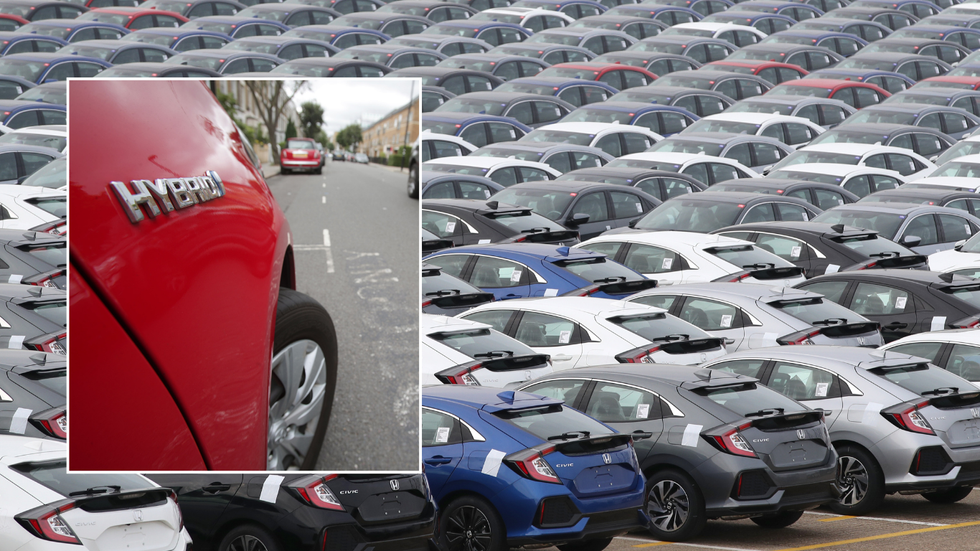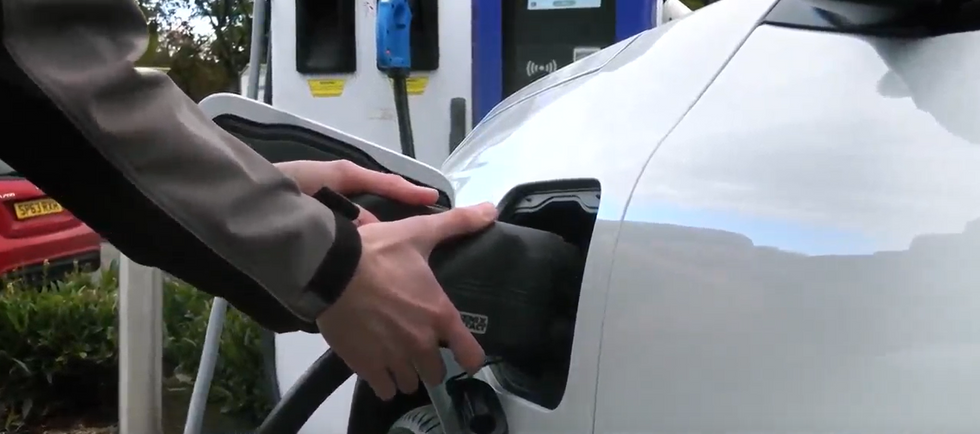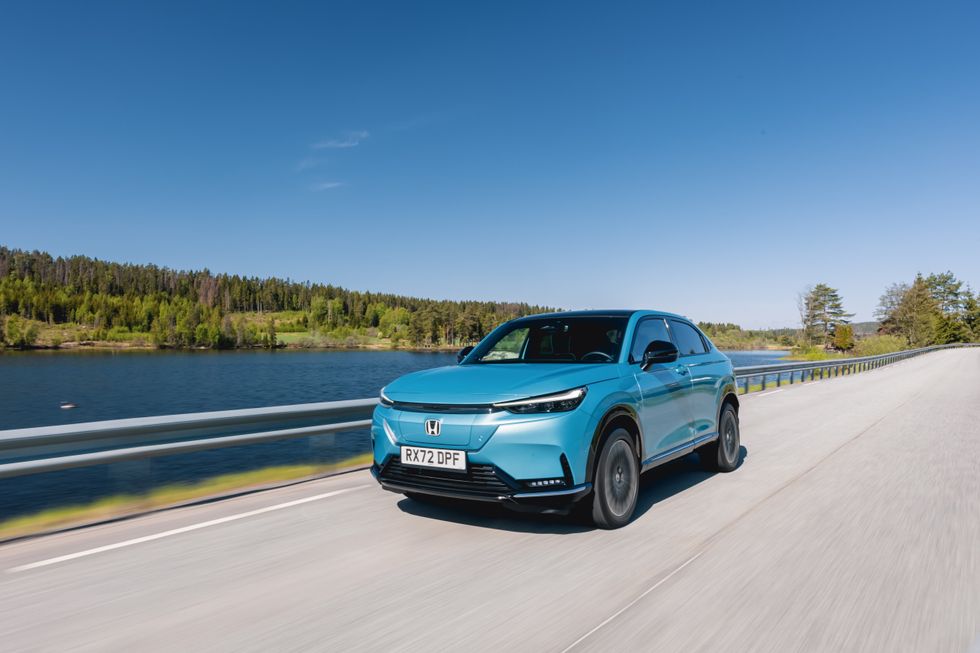Honda 'abandons' £15bn electric cars plans in favour of petrol and diesel hybrid engines

WATCH: Sony Honda Mobility unveils the new Afeela 1 electric vehicle
|HONDA

The Japanese car brand will cut its electric car investments by a third
Don't Miss
Most Read
Honda has announced it will scale back investment in electric vehicles by a third due to falling demand from drivers who continue to stick with petrol and diesel cars.
The Japanese car manufacturer revealed on Tuesday it would cut its planned investment in EVs from 10 trillion yen (£51.7billion) to seven trillion yen (£36.2billion) by 2030.
The company will instead shift its focus towards hybrid vehicles, which it sees as a more viable alternative in the current market.
Honda executives cited disappointing demand for electric cars and recent policy changes by foreign governments that have rolled back green regulations designed to encourage EV purchases.
Do you have a story you'd like to share? Get in touch by emailing motoring@gbnews.uk

Honda announced it will unveil 13 new hybrid cars over the coming years
|PA/GETTY
Despite the reduction in investment, Honda insisted that electric vehicles remain part of its long-term strategy, with the company still working towards its goal of selling only electric or fuel-cell-powered cars by 2040.
The company has also revised its sales forecast for electric vehicles, now expecting them to represent just 20 per cent of sales by the end of the decade, down from its previous target of 30 per cent.
Toshihiro Mibe, Honda's chief executive, explained the decision: "Based on the current market slowdown, we expect EV sales in 2030 to fall below the 30 per cent that we previously targeted."
He emphasised that the company was not abandoning its electric vehicle strategy entirely, adding that "EV investment hasn't been abandoned, just pushed back."

The UK Government relaxed some of the Zero Emission Mandate rules to allow hybrids to stay on roads
| GB NEWSThe car manufacturer will focus on purely electric models only in China, where EVs now dominate new car sales. For other markets, Honda said it has recalibrated its approach in response to changing consumer preferences and regulatory environments.
Honda's pivot towards hybrid vehicles is central to its revised strategy, with the company now expecting to sell between 2.2 million and 2.3 million hybrids by 2030, out of a total of 3.6 million cars.
In comparison, Honda's forecasts suggest electric sales will total just 700,000 to 750,000 cars by the end of the decade. To support this shift, Honda has announced plans to launch 13 new hybrid models in the four years from 2027.
The move represents a significant rebalancing of Honda's product portfolio, with hybrids set to make up nearly two-thirds of the company's sales by 2030.
This strategic pivot comes as many consumers continue to express concerns about electric vehicle range, charging infrastructure and higher purchase prices compared to conventional or hybrid alternatives.
Meanwhile, significant policy changes in both the UK and the US have affected the electric vehicle market, as well as Honda's decision. Prime Minister Keir Starmer amended the Zero Emission Vehicle mandate in April to provide greater flexibility for car manufacturers on targets for electric vehicle sales, as well as allowing hybrids to stay on UK roads for longer.
In the US, President Donald Trump's "big, beautiful bill", currently passing through Congress, aims to remove tax credits for EV buyers over the next few years.
These policy shifts have created a less favourable environment for electric vehicle manufacturers, contributing to Honda's strategic recalibration.
LATEST DEVELOPMENTS:

The 2023 Honda e:Ny1 electric vehicle
| HONDAPresident Trump's trade tariffs have also impacted Honda in the US, with the new fees making it more expensive for Japanese manufacturers to import cars or parts from Canada and Mexico.










